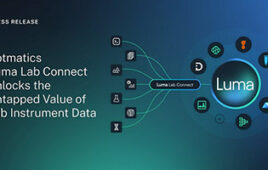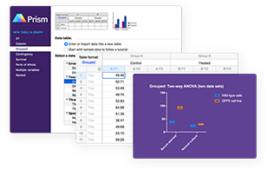 A new search engine developed by researchers at the Helsinki Institute for Information Technology, HIIT, outperforms current ones, and helps people to do searches more efficiently. The SciNet search engine is different because it changes Internet searches into recognition tasks, by showing keywords related to the user’s search in topic radar. People using SciNet can get relevant and diverse search results faster, especially when they do not know exactly what they are looking for or how to formulate a query to find it.
A new search engine developed by researchers at the Helsinki Institute for Information Technology, HIIT, outperforms current ones, and helps people to do searches more efficiently. The SciNet search engine is different because it changes Internet searches into recognition tasks, by showing keywords related to the user’s search in topic radar. People using SciNet can get relevant and diverse search results faster, especially when they do not know exactly what they are looking for or how to formulate a query to find it.
Once initially queried, SciNet displays a range of keywords and topics in a topic radar. With the help of the directions on the radar, the engine displays how these topics are related to each other. The relevance of each keyword is displayed as its distance from the center point of the radar — those more closely related are nearer to the center, and those less relevant are farther away. The search engine also offers alternatives that are connected with the topic, but which the user might not have thought of querying. By moving words around the topic radar, users specify what information is most useful for them.
“According to some estimates, the digital universe, such as data and documents, is expected to grow by 2020 by a factor of 10. Tools that help us transform the time we spend in searching into discovering and understanding information will be increasingly important to enhance productivity and creativity. It is exciting to be addressing this problem in research that needs competencies from different disciplines as we uniquely combine at HIIT,” states Professor Giulio Jacucci.
When people are uncertain about a topic, they are typically reluctant to reformulate the original query, even if they need to in order to find the right information. With the help of a keyword cloud, people can more quickly infer which of the search options they receive is more significant for them, because they do not need to visit the pages offered by the search engine to find new search words and start again.
“It’s often hard for people to put what they are looking for into words. Their search needs often do not become more focused until they begin the actual search. The SciNet search engine solves these problems. It’s easier for people to recognize what information they want from the options offered by the SciNet search engine than it is to type it themselves,” says the project’s coordinator, Tuukka Ruotsalo.
The SciNet search engine and the related user modeling were developed at the Helsinki Institute for Information Technology, HIIT, which is a joint research institute of Aalto University and the University of Helsinki in Finland. On the basis of HIIT’s research, the company Etsimo was founded to commercialize the search engine, which concentrates on supporting complicated searches.
An article on SciNet and its related modeling solutions, “Interactive Intent Modeling: Information Discovery Beyond Search,” was recently published in the prominent computing and information technology journal, Communications of the ACM.
Video: https://www.youtube.com/watch?v=6AH_RD_hAOA
Citation: Tuukka Ruotsalo, Giulio Jacucci, Petri Myllymäki, Samuel Kaski: Interactive Intent Modeling: Information Discovery Beyond Search. Communications of the ACM, Vol. 58 No. 1, Pages 86-92. 10.1145/2656334




